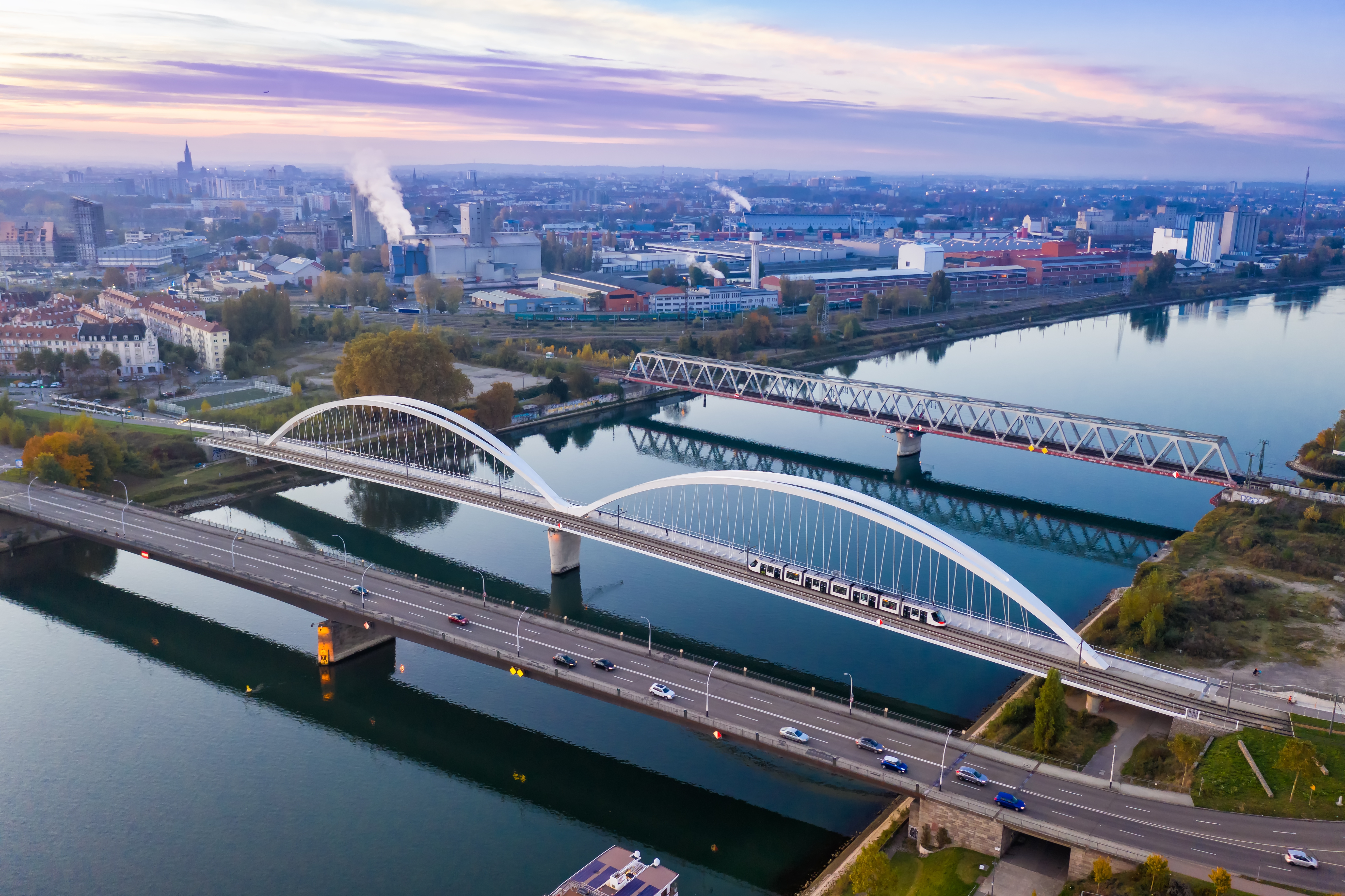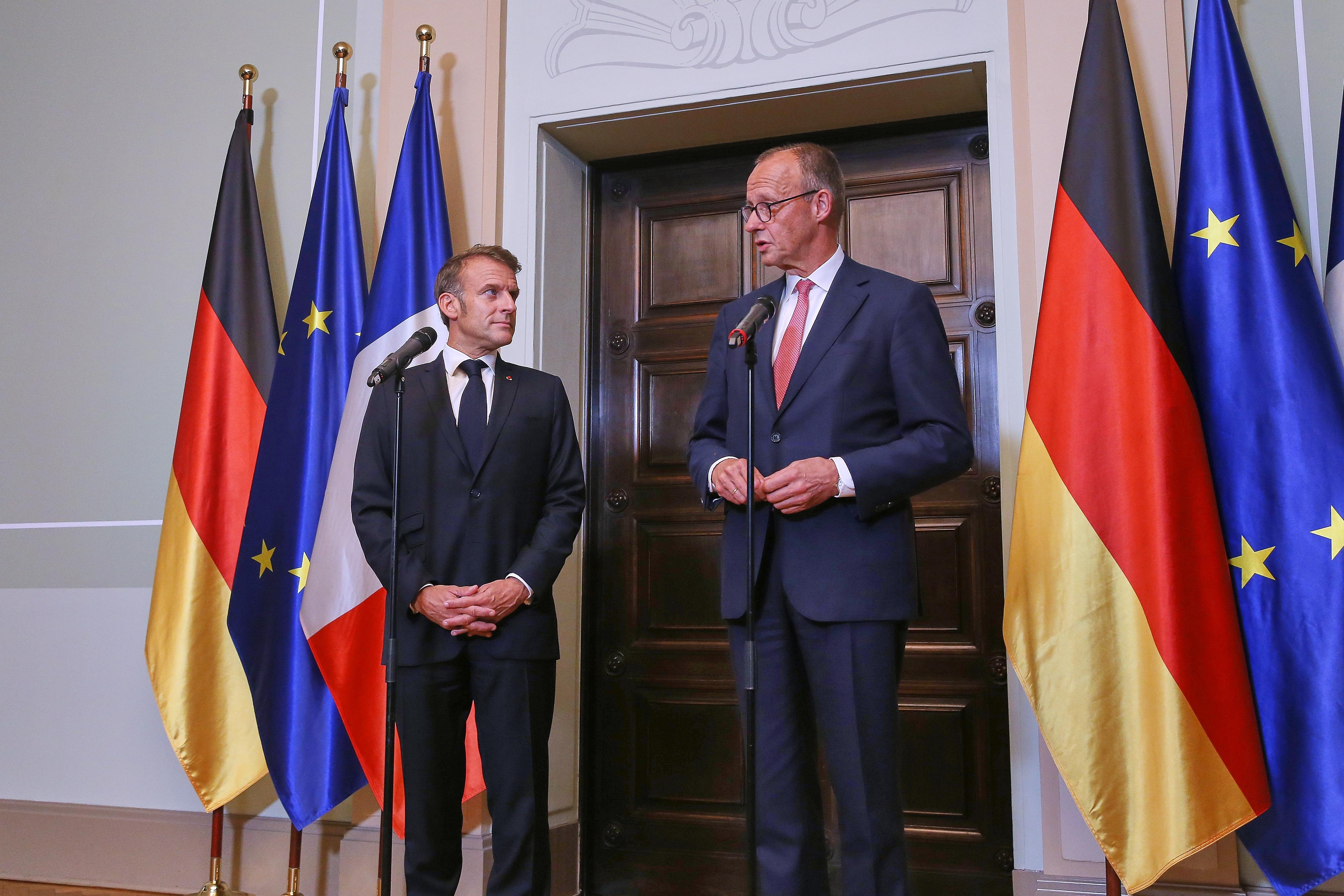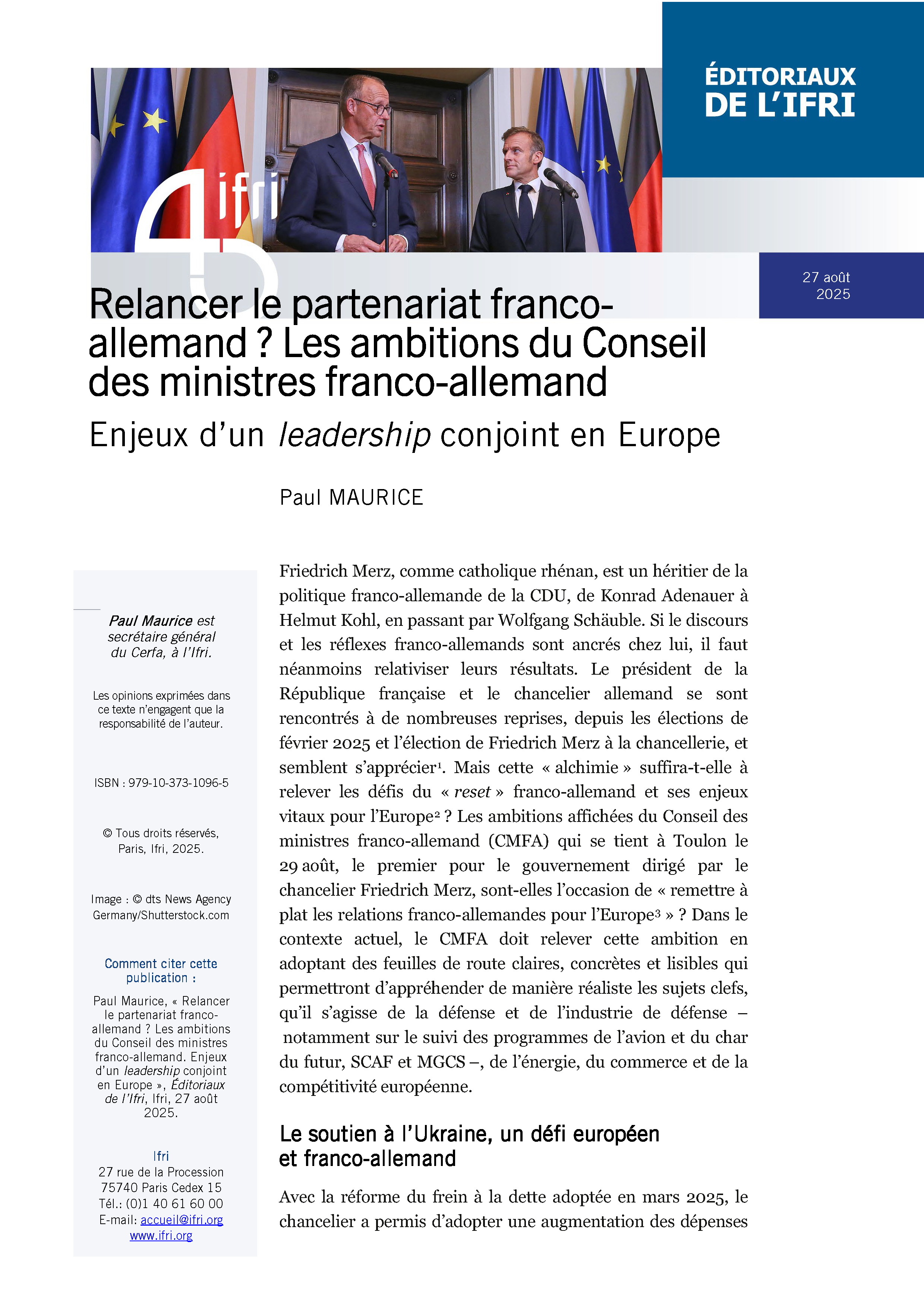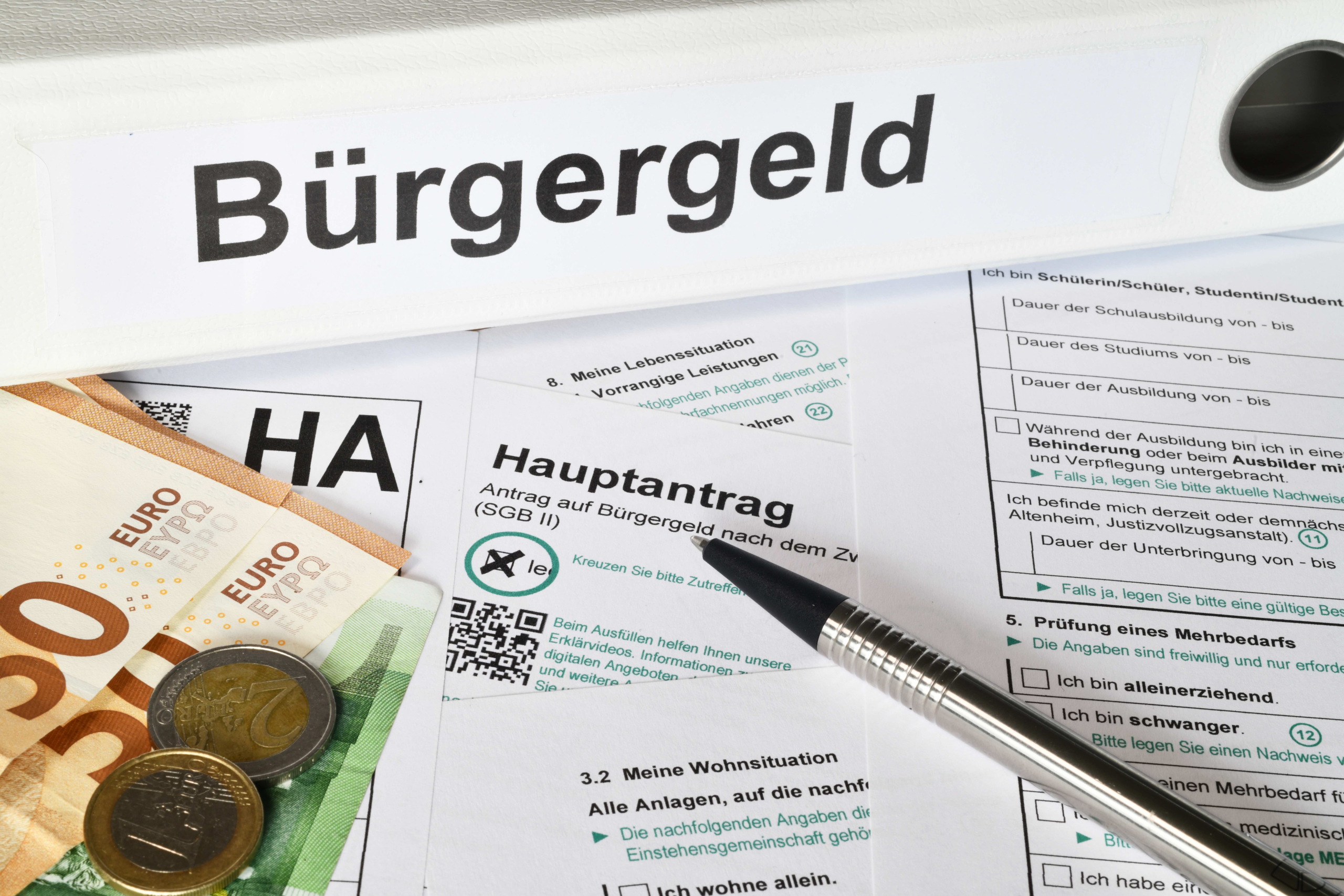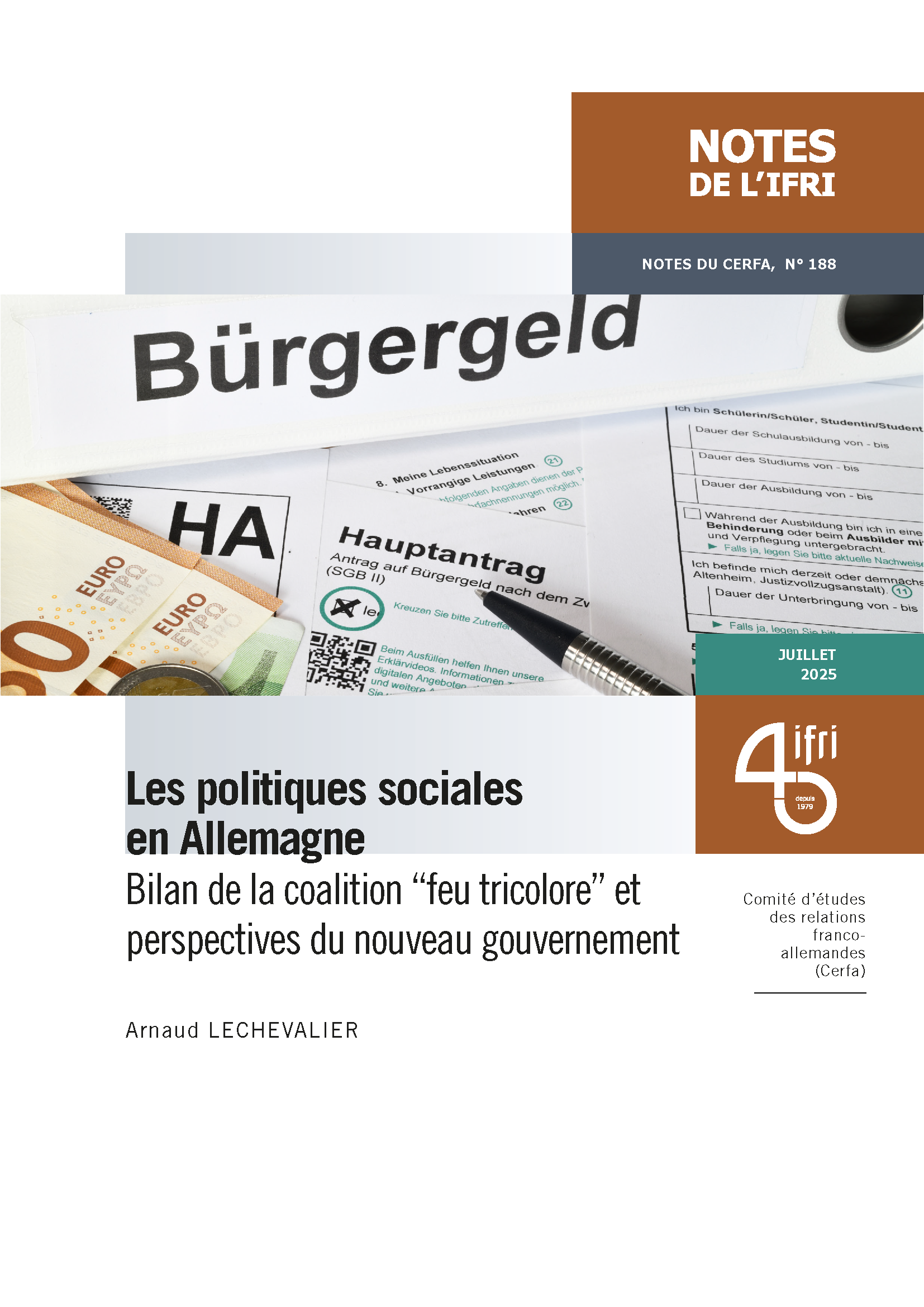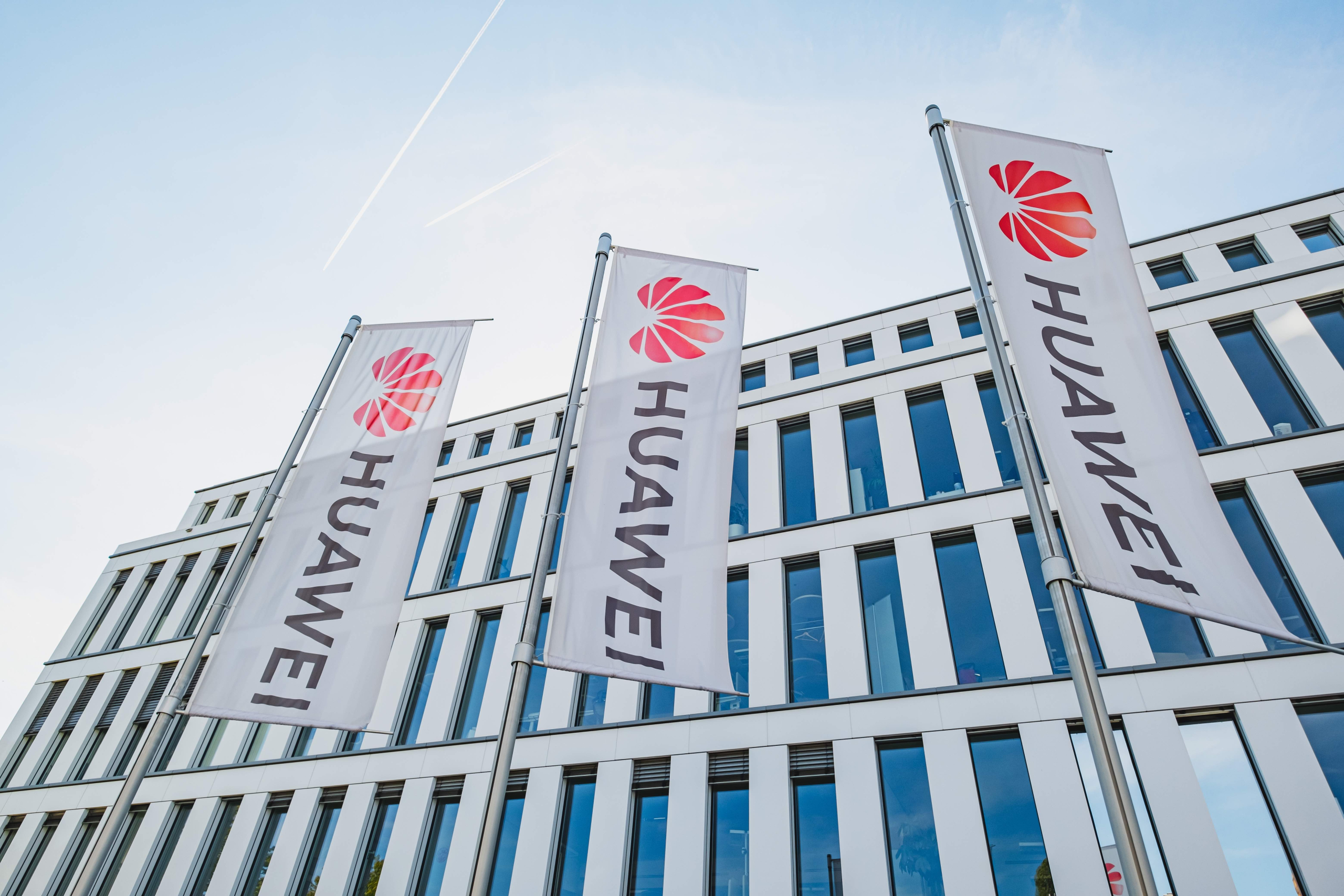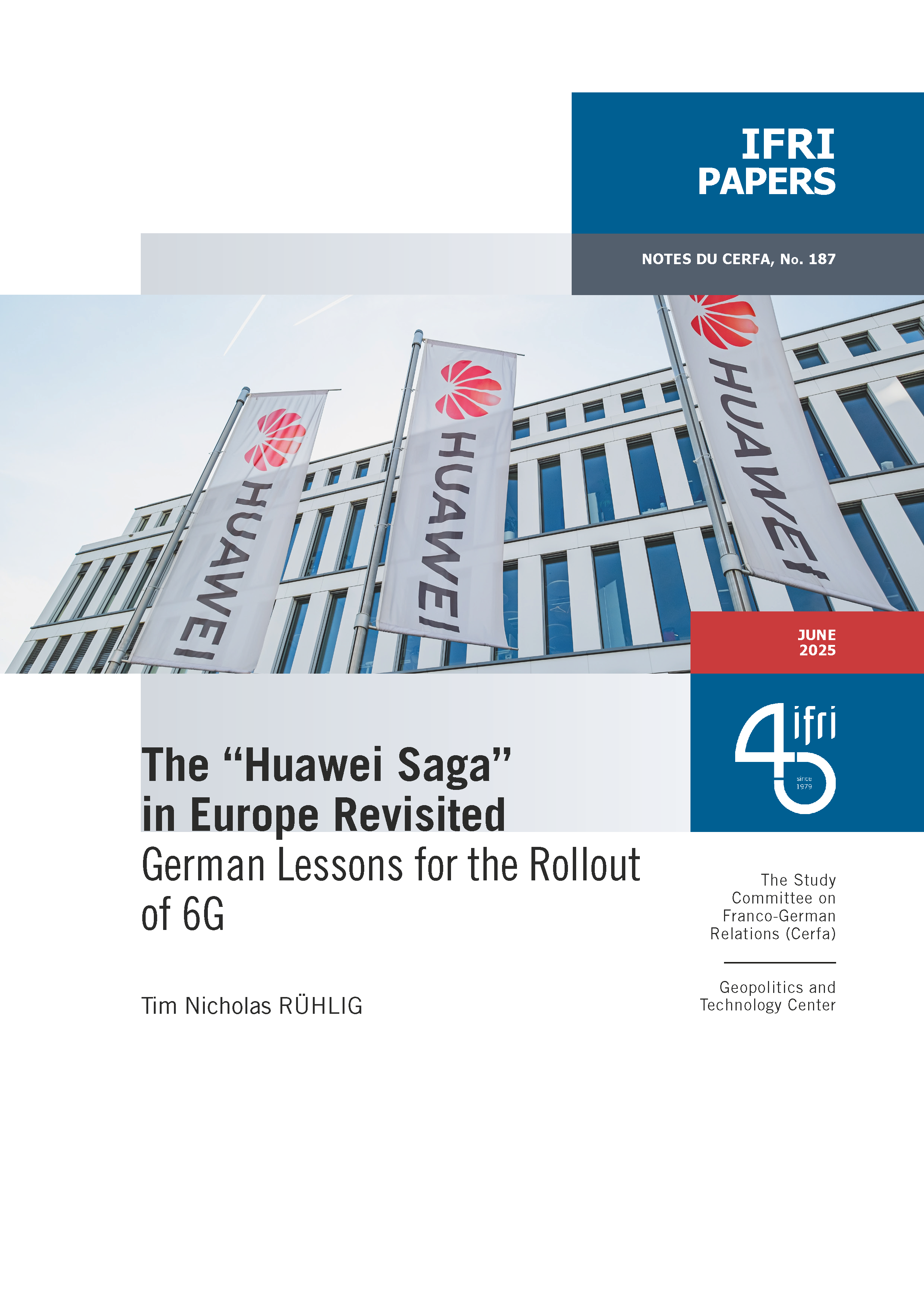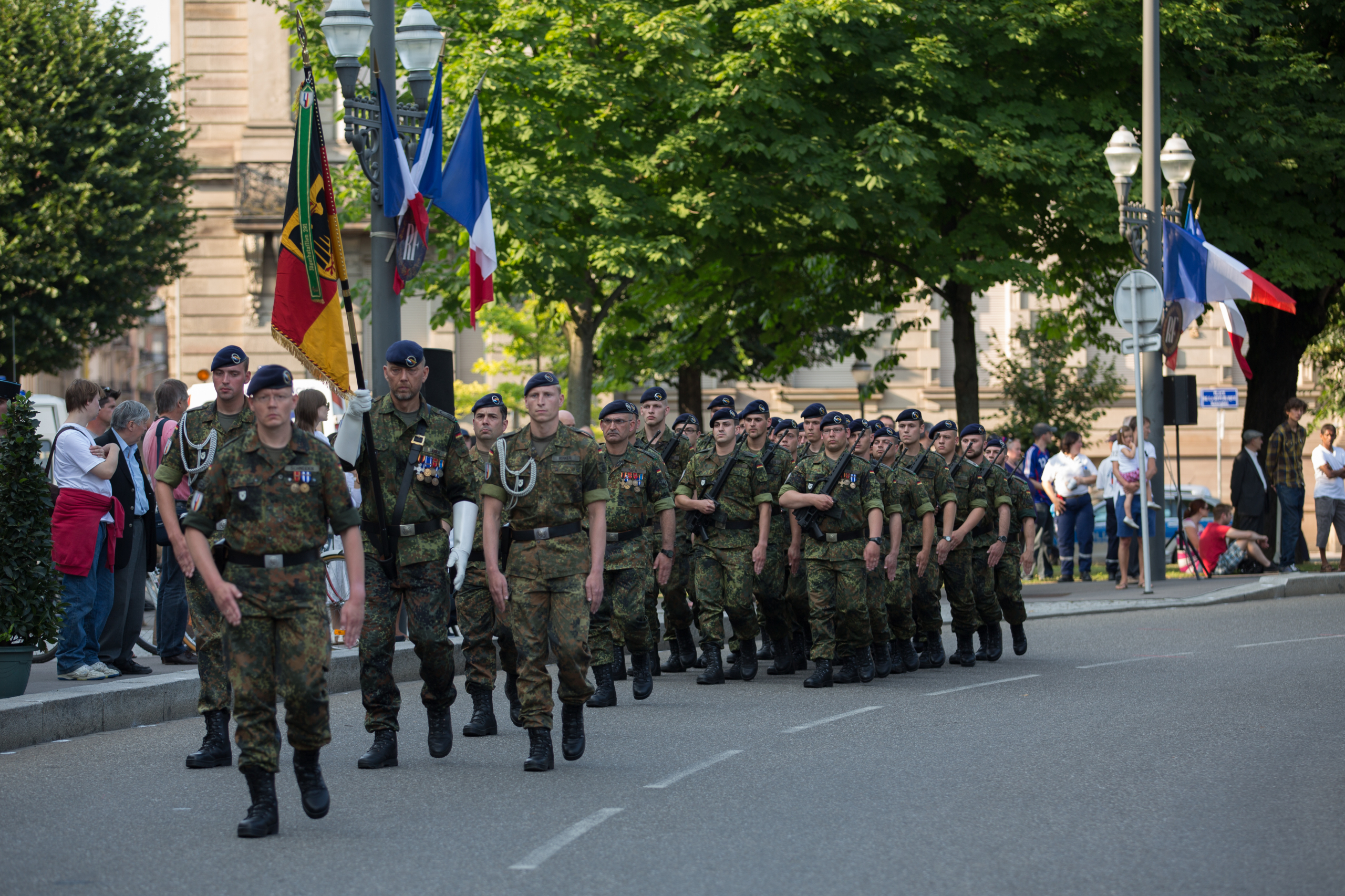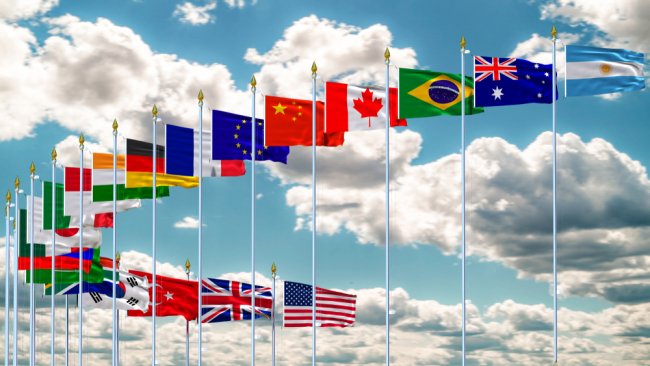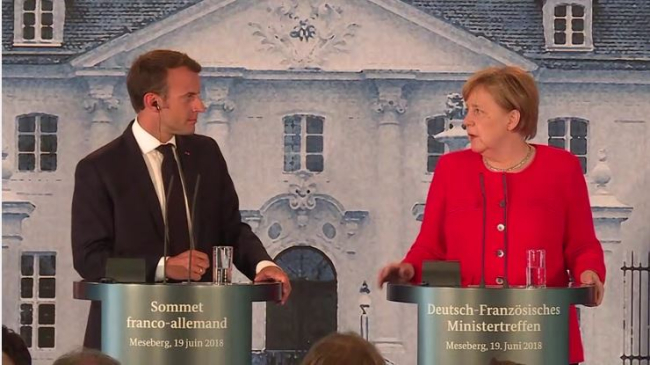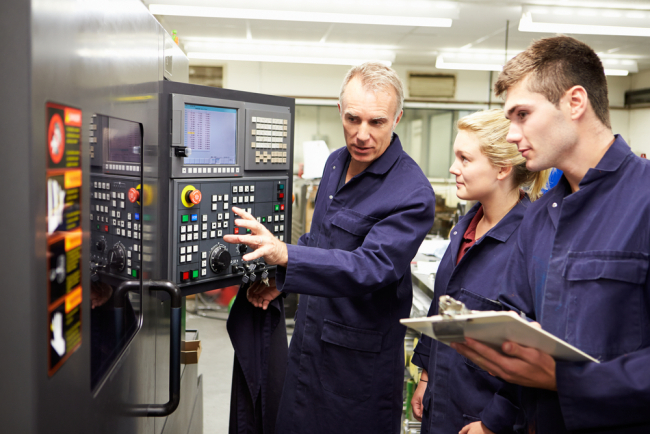The Study Committee on Franco-German Relations (Cerfa)
The Study Committee on Franco-German Relations (Cerfa) was created in 1954 by an inter-governmental agreement between the Federal Republic of Germany and France, in order to raise awareness of Germany in France and analyze Franco-German relations, including in their European and international dimensions. In its conferences and seminars, which bring together experts, political leaders, senior decision-makers and representatives of civil society from both countries, Cerfa develops the Franco-German debate and stimulates political proposals. It regularly publishes studies through two collections: Cerfa notes and studies as well as Franco-German visions.
Cerfa maintains close relations with the network of German foundations and think tanks. In addition to its research and debate activities, Cerfa promotes the emergence of a new Franco-German generation through original cooperation programs. This is how in 2021-2022, Cerfa led a program on multilateralism with the Konrad Adenauer Foundation in Paris. This program is aimed at young professionals from both countries interested in the issues of multilateralism in the context of their activities. It covered a wide range of themes relating to multilateralism, such as international trade, health, human rights and migration, non-proliferation and disarmament. Previously, Cerfa had participated in the Franco-German future dialogue, co-led with the DGAP from 2007 to 2020, and supported by the Robert Bosch Foundation and the Daniel Vernet group (formerly the Franco-German Reflection Group) which was founded in 2014 upon the initiative of the Genshagen Foundation.
Read more

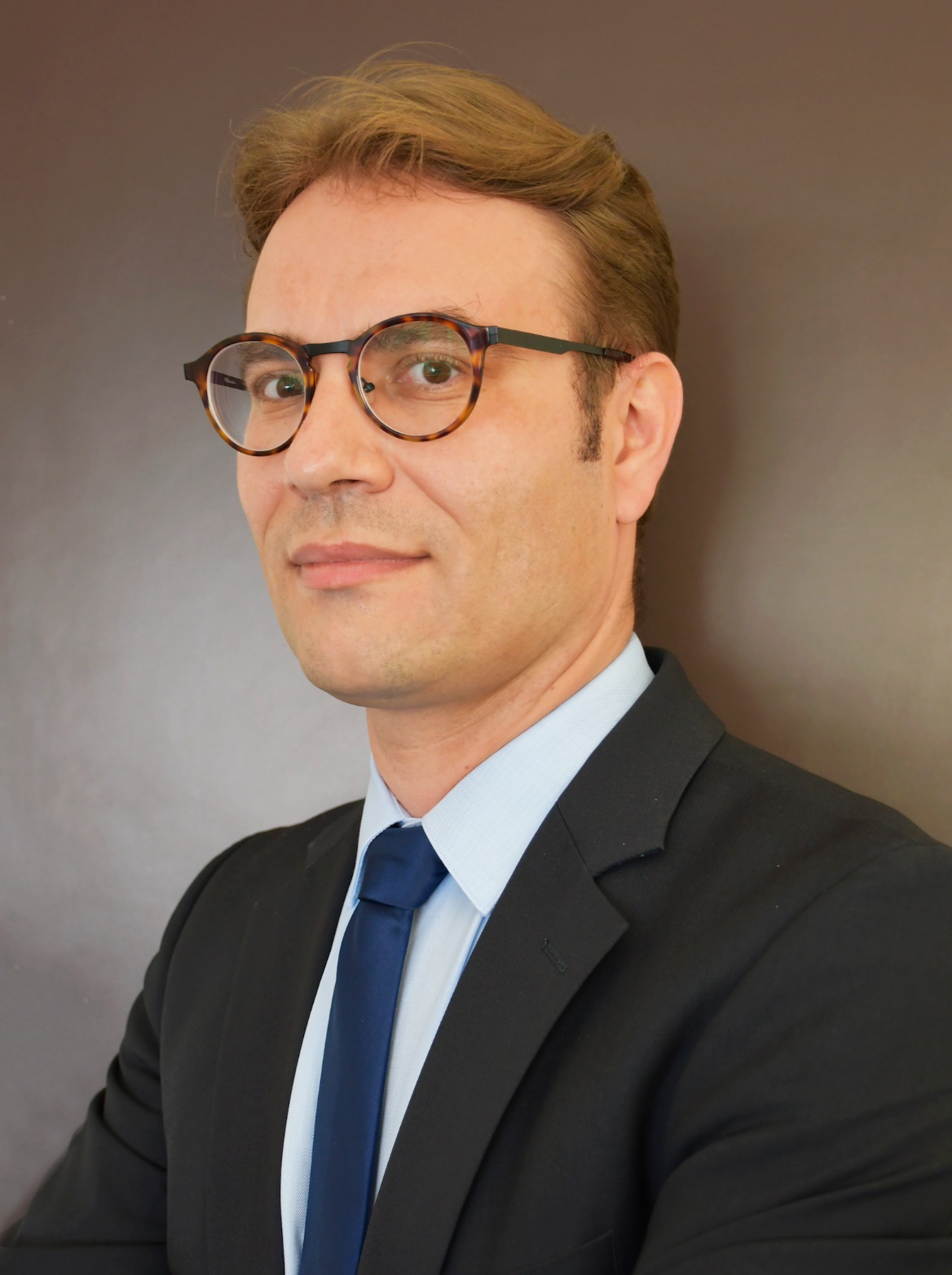
Secretary General of the Study Committee on Franco-German Relations (Cerfa), Ifri
Publications
See all our interventions
Flagship Publications
Titre mis en avant
[Infographics] Early German Federal Elections in 2025: A Comparison of Party Programmes
In the run-up to the German Federal Elections on the 23rd of February 2025, Ifri's Study Committee on Franco-German Relations (Cerfa) is scouring the parties' political programs (internal policy, economy, European issues, Franco-German relations, foreign policy, security and defence policy, etc...)
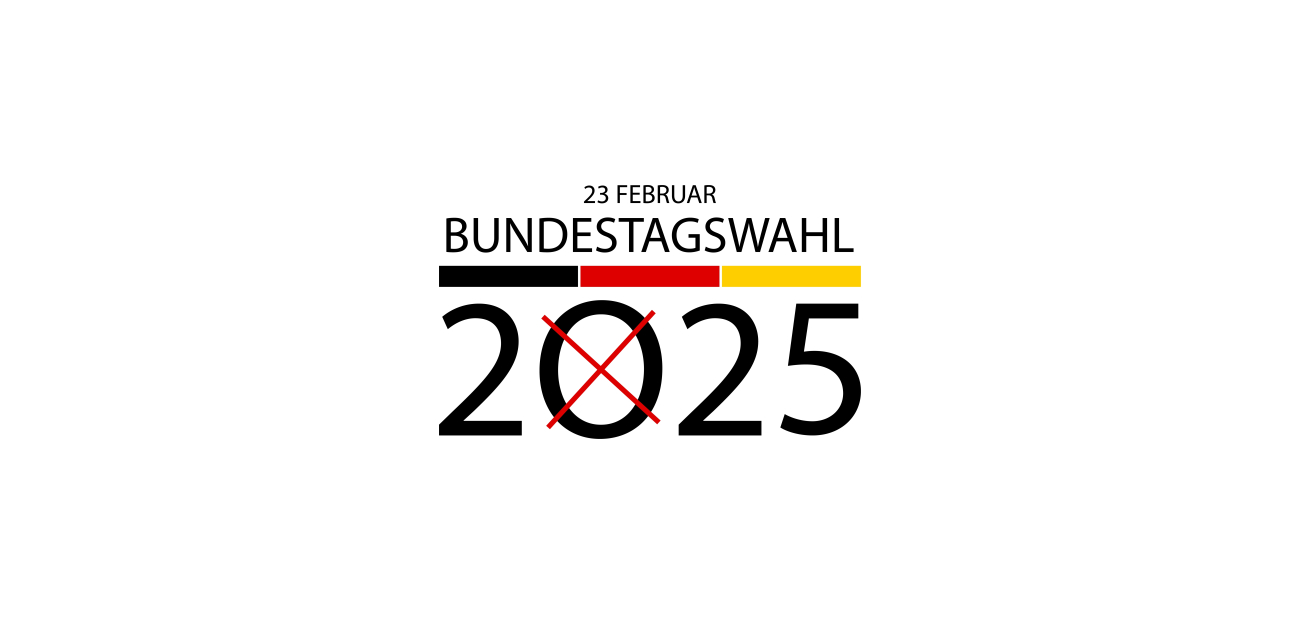
Titre Bloc Axe
Research Areas
See all our interventions
Titre Axe de recherche
Domestic Politics – Elections
The Domestic Politics – Elections research axis within the Committee on Franco-German Relations at Ifri provides an analysis of the German domestic politics, its dynamics, the evolution of the party systems, and the electoral geography of the German Federal Republic. It tackles the relations between the political sphere and society and economic structures. A particular attention is payed to the electoral process in the different “Länder” because of the specificities of the German federal system. The recent political evolutions, with the emergence of new forms of coalitions in the different “Länder” and at the federal level, as well as the persistent differences in the political behaviors between East and West Germany, 30 years after the reunification, will influence political evolutions at the federal level (“Bund”).
The Cerfa at Ifri analyzes these topics along numerous “Notes du Cerfa” and public events which will help understand electoral campaigns, but also the overarching consequences of the election results on the Franco German cooperation at the regional and national level and on the role, Germany embodies on the European and international stage.
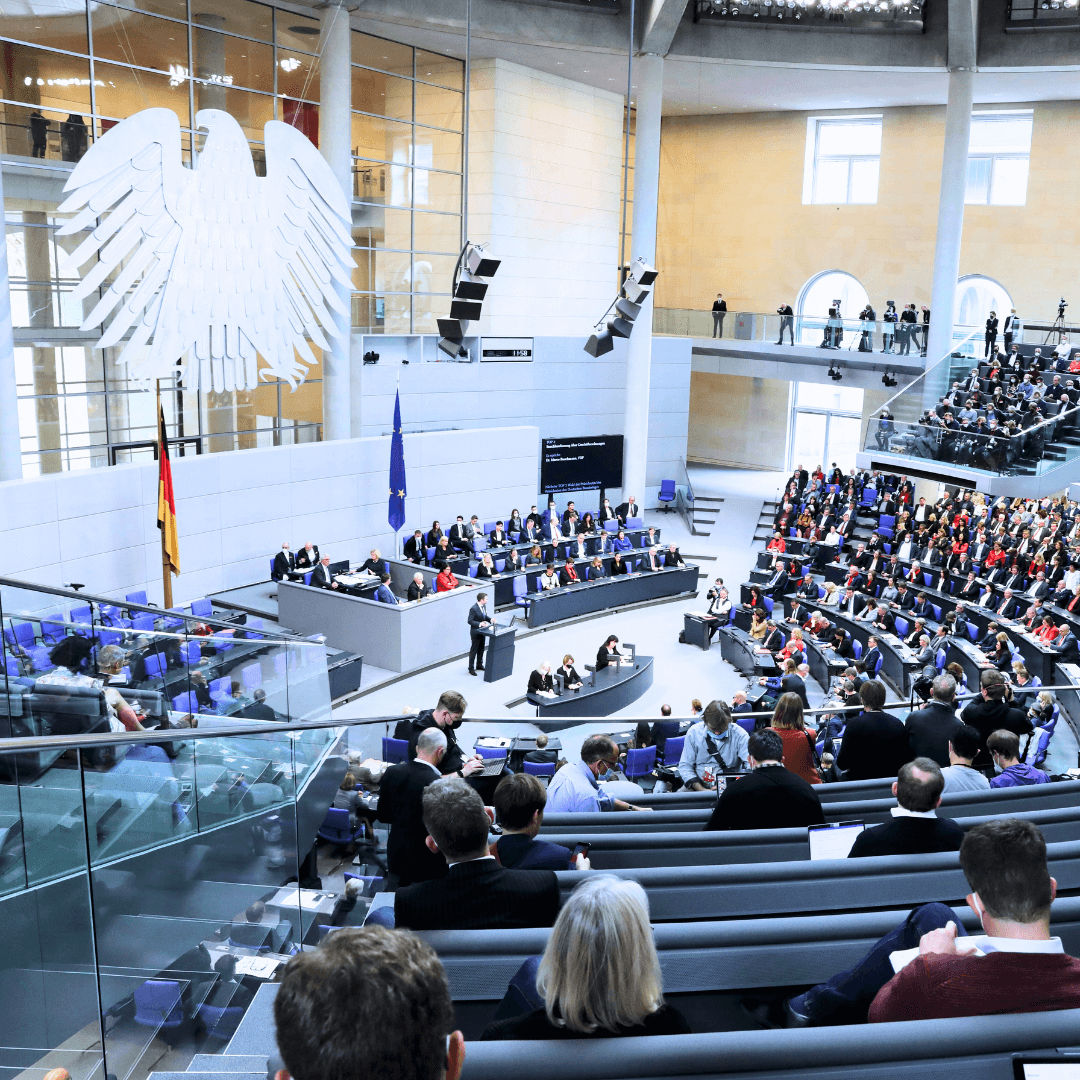
Titre Axe de recherche
Germany on the world stage
In a changing world, Germany is more than ever seen as a factor of stability in the face of increasingly numerous and frequent crises. The longevity of its political staff, the power of its economic model and the appeal of its code of values and principles are certainly not unrelated. It embodies stability but can it also serve as a bulwark against the phenomenon of deconstruction of the multipolar order from 1945? The Islamist terrorist threat, the war in the Middle East, Russian expansionism, the unpredictability of the Trump administration, the rise of populism, the question of opening markets and the uncertainty about the future of the European Union constitute the various elements of a poly-crisis which undermines the foundations of German foreign policy. None of these challenges can be met alone or independently of others. Not to mention the dangers that lie ahead in the longer term.
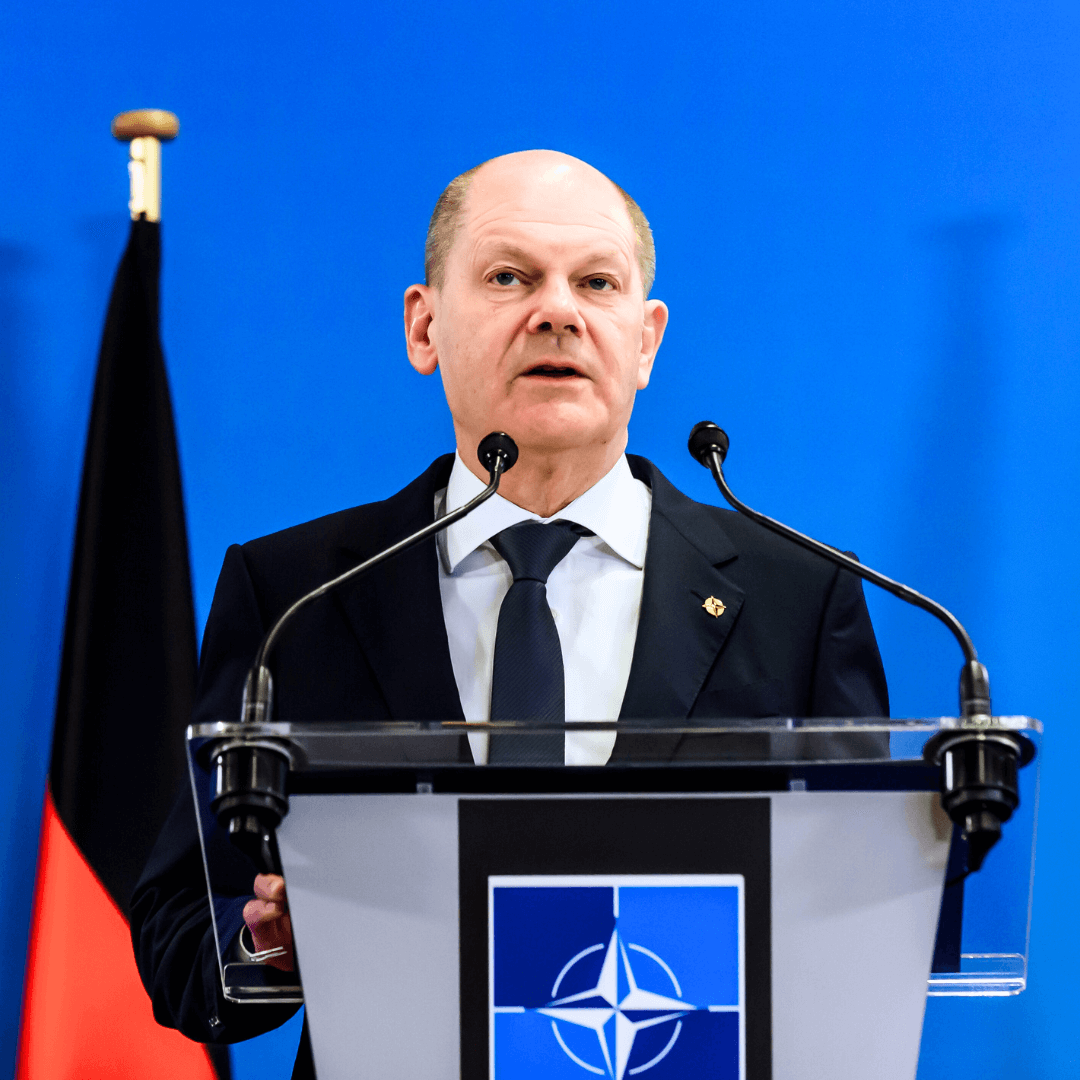

Events
France-Germany, The Engine Under Pressure
German and French Africa Policies in a Multipolar World
Publications
Sustaining Multilateralism in a Multipolar World. What France and Germany Can Do to Preserve the Multilateral Order
While international multilateralism is under strain, it is vital for France and Germany to defend it, since it is the most appropriate system for preserving their interests – particularly in terms of welfare, security, prosperity and environmental protection. Against this backdrop, three political fields offer opportunities for joint initiatives: trade, conventional arms control and climate change.
Where Is the SPD Going? The German Social Democrats and the Way out of Crisis
Whether we think of France, Greece, the Netherlands, Poland, Austria or Germany, the social democratic or socialist parties in Europe are losing ground or even facing dissolution. Ironically, the crisis of the Social Democratic Party of Germany (SPD) began with the resounding victory of Gerhard Schröder in 1998.
Migration and Cohesion in Europe: a Challenge, not a Contradiction
The eighth position paper of the Daniel Vernet Group addresses immigration, integration and cohesion in Europe where migration is often perceived as a threat to cohesion within societies and also among states. In the paper, the Daniel Vernet Group argues that migration and cohesion are not contradictory. However, Germany and France need to develop common approaches in order to encourage the finding of European answers to these challenges.
Tackling the Root Causes of Displacement: the German Discourse
In Germany, an important role is ascribed to development policy when considering the question of how to deal with the causes of displacement and irregular migration. Development policy seeks to enable (potential) migrants to enjoy brighter prospects in their countries of origin through job creation measures so that they do not embark on the dangerous journey to Europe (or Germany) in the first place.
The Treaty of Aachen. New Impetus for Franco-German Defense Cooperation?
On 22 January 2019, French President Emmanuel Macron and German Chancellor Angela Merkel sign the Treaty of Aachen on “Franco-German Cooperation and Integration.” The document is set to complement the original Elysée Treaty from 1963, signed by President Charles de Gaulle and Chancellor Konrad Adenauer.
Digital Transformation of the Industry: The Franco-German Challenge
The issue of the digital transformation of the industry provoked in France as in Germany the return of the state and the introduction of a subsidiary industrial policy. Feeling threatened in its industrial leadership, Germany mobilized its resources through industry 4.0 by building a vision around the concept of “cyber-physical system” before developing in each Land an accompanying offer. France has forged the concept of the industry of the future by following a logic of modernization of the production tool, reinforcing particularly the automation and building on the integration of new technological bricks.
From Meseberg to Nowhere? A Franco-German Impetus for the Eurozone
This study analyses the joint efforts by France and Germany to bring about a comprehensive reform of the European currency union. These efforts culminated in the joint Meseberg Declaration adopted in June 2018. The article contextualises these efforts with respect to the reforms realised so far and the different reform options at hand. Besides questions of economic viability and institutional deficits, the article tackles issues of political feasibility.
Between political crisis and European recovery attempt: German interrogations
Even though the CDU-CSU led Grand Coalition was renewed following the German legislative elections of 24 September 2017, and even though Angela Merkel was re-elected chancellor a fourth consecutive term, the country has entered a period of growing political uncertainty. The formation of a new government took much longer than after previous elections for a number of different reasons: after negotiations, the liberal party refused to join a coalition with the CDU-CSU and the Green party, the SPD was reluctant to continue in government, and, above all, the internal divisions of the two sister parties CDU et CSU, that nearly caused the fall of the new government three months after its investiture.
Dual system of professional training: keystone of "made in Germany"?
The German dual system of professional training is seen as an international reference model. It aims at training qualified employees for an innovative economy rather than being the last resort for less able pupils. Parents and adolescents regard apprenticeships as an entry ticket to a good job with career opportunities; companies value the advantages of practice-oriented training in situ conceived in cooperation with its own professionals as this spares them the costs of integrating school graduates.
Five theses on the "refugee crisis" in Germany
The term "refugee crisis" is not uncontroversial in Germany; it is indeed accused of presenting the refugees as being responsible for the crisis. The events that have occurred since the summer of 2015 should rather be called "crisis of the authorities", given that Germany could have anticipated the massive increase in the number of refugees. The use of the term "refugee crisis" in this article is axiologically neutral and reflects its present common use in politics, the media and specialised literature.
The Team

Our research fellows: The Study Committee on Franco-German Relations (Cerfa)
Support independent French research
Ifri, a foundation recognized as being of public utility, relies largely on private donors – companies and individuals – to guarantee its sustainability and intellectual independence. Through their funding, donors help maintain the Institute's position among the world's leading think tanks. By benefiting from an internationally recognized network and expertise, donors refine their understanding of geopolitical risk and its consequences on global politics and the economy. In 2025, Ifri supports more than 80 French and foreign companies and organizations.






